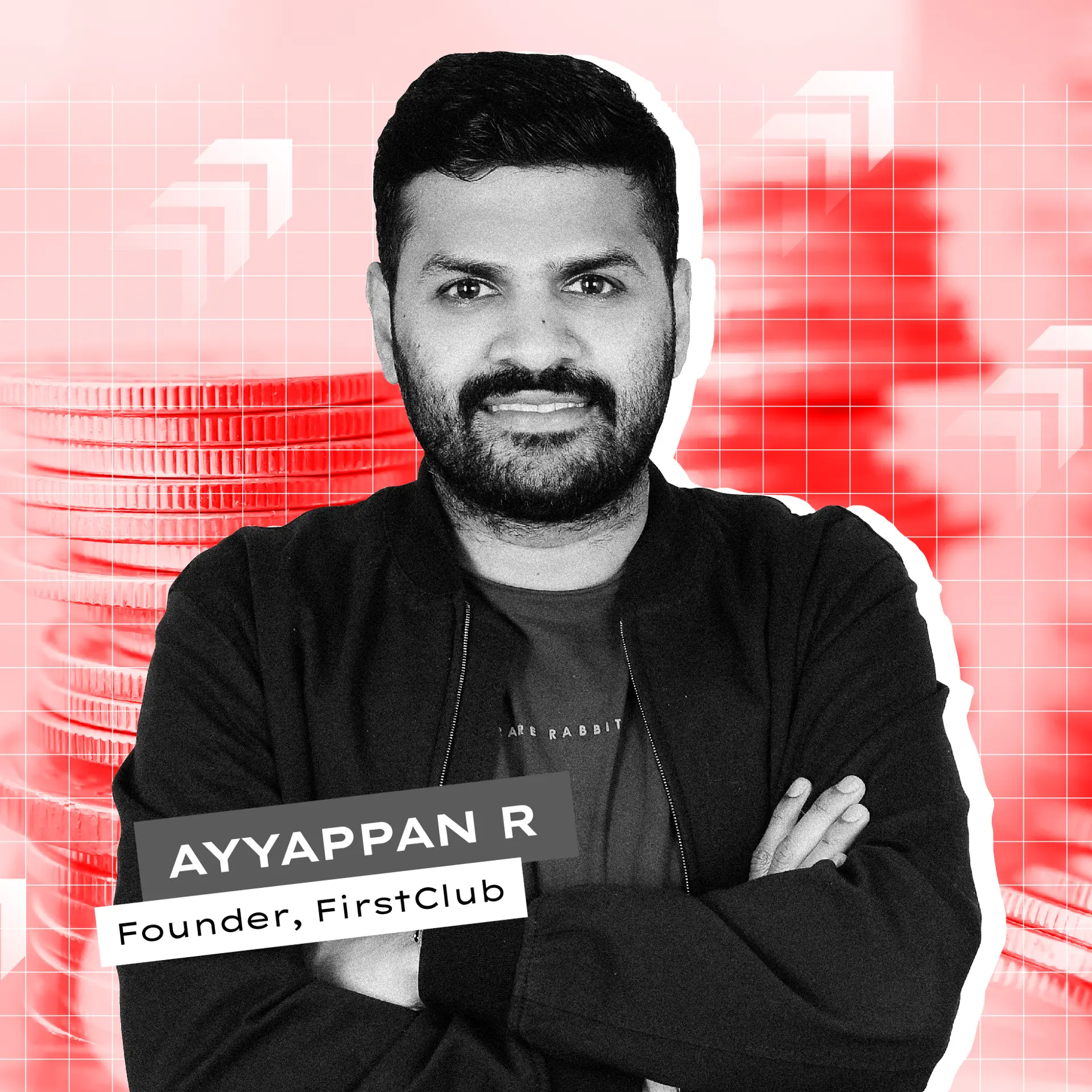Nothing fabric(ated) about this venture
Wednesday June 18, 2008 , 2 min Read
In mid-March, we had posted about FabIndia and their innovative business model. This time, the Business Standard has reported about the same venture, in more detail, in their weekly supplement ‘The Strategist’. FabIndia’s MD, William Bissell, means business and makes his point:
If one is very serious about CSR, you may have a vice-president heading it. I find a lot of people doing doublespeak. This creates dissonance both within the organisation and outside. This inclusive approach defines our brand and gives it great value. If you do what you believe in, it defines you,” he says.
He is convinced that involving artisans and sharing the benefits of growth with them is the most sustainable of all models. Without that, the market-based system — in his view it is the best system to alleviate poverty — is in danger of being “discredited”.
Artisans Micro Finance (AMF), a wholly owned subsidiary of FabIndia facilitates the setting up of individual ventures. The share-holding pattern of each venture is 49% AMF, 26% artisans, 15% private investors, and 10% employees of the community-owned company. Chanderi village seems to be their showcase venture currently.
As we see it, there are many benefits of such an initiative:
- Provides a more reliable source of income to traditional artisans
- Boosts local income (Chanderi weavers now get Rs 23 instead of the earlier Rs 13)
- Benefits FabIndia by way of providing a more distributed and cheaper warehouse logistics system
- Helps preserve rapidly dying traditional arts
Again, this vindicates our belief that business and social responsibility can go together.






